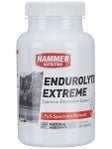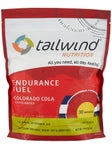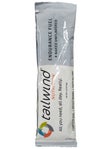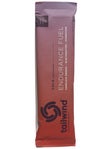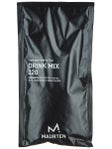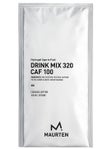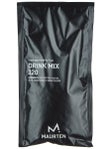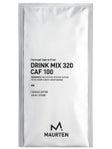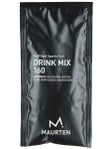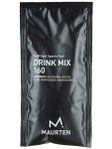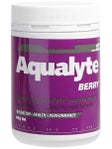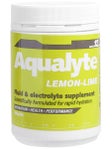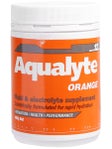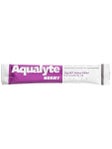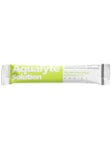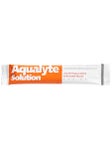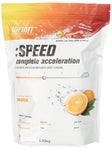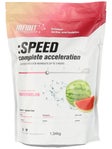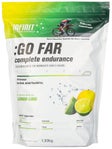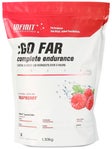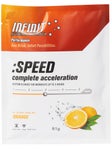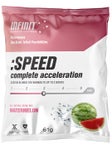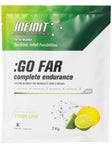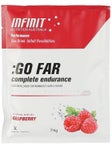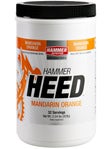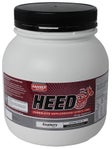Hydration Guide for Runners
When, What, and How Much You Should Drink While Running
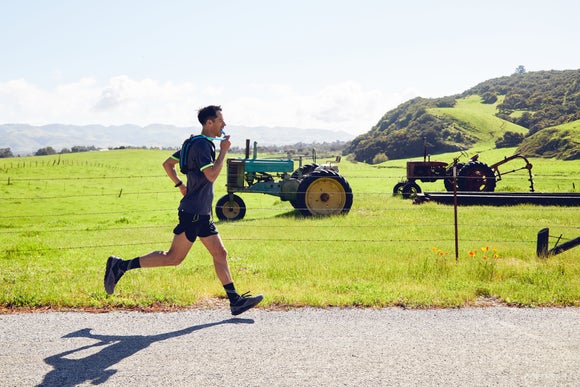
Why is Hydration Important?
Water plays a vital role in energy production and muscle contraction. It helps with temperature regulation, removal of waste products such as lactic acid from the blood, as well as cushioning the joints, which reduces the risk of injury.
Since water is so important to our bodies, hydration becomes even more crucial when running. As our bodies lose moisture through sweat, breathing, and energy production, we need to be careful to consume enough water to avoid dehydration.

Basic Guidelines for Water Consumption
Everyone is different, and depending on the conditions and type of activity, our water consumption requirements will vary. Recent research suggests that drinking based on thirst is likely the best way to stay hydrated. However, the traditional recommendations for hydration during exercise are as follows:
- 500 to 600mL of water 2 to 3 hours before a run
- 250mL of water 20 to 30 minutes before a run
- 200 to 300mL of water every 10 to 20 minutes during a run
- 250mL of water no more than 30 minutes post run
These recommendations are a good baseline but don’t worry about sticking to them too strictly; again, listen to your body. Most runners are aware of the effects of dehydration but are less informed of the the dangers of overhydration. Plan to have plenty of water available, but if you're not feeling thirsty then avoid drinking excessively.
When Should You Add Electrolytes?
Electrolytes are electrically charged minerals that help the body regulate fluid levels, contract muscles, build new tissue and transmit nerve signals. All of these functions are crucial for athletic performance.
When you should add electrolytes to your run:
- If you sweat a lot
- If you are running for longer than an hour
- If you are feeling fatigued
- When you are running in warm weather
- If you experience muscle cramps
Hyponatremia is a condition that occurs when electrolytes in the body become too diluted. This is a further reason to incorporate electrolytes in to your hydration program. If you are sweating and drinking a lot of water without replacing electrolytes, you can become at risk of hyponatremia. This potentially life-threatening condition causes the body's cells to swell with water in an attempt to create homeostasis.
Shop Electrolyte Supplements
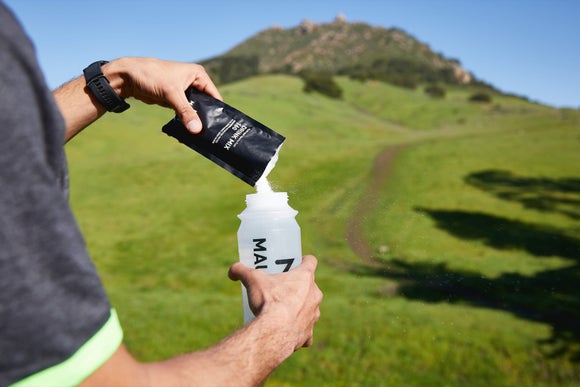
When Should You Add an Energy Drink?
During shorter runs, the additional sugar provided by energy drinks may not be necessary for your activity or dietary goals. But during longer runs, especially those over 15 kilometres, it becomes more important to fuel up with easily accessible energy to avoid fatigue.
Consuming an energy drink on your run can help you take in those calories efficiently, as the simple carbohydrates in energy drinks are usually easier to digest and can be quickly accessed for energy.
Shop Energy Drinks

Helpful Hints for Staying Hydrated
- Use a handheld water bottle or hydration pack for longer runs
- Plan your route around access to water fountains and other water sources
- Avoid caffeinated drinks and alcohol before running
- Use training runs as an opportunity to learn about your individual hydration needs
- Use thirst as a general gauge



